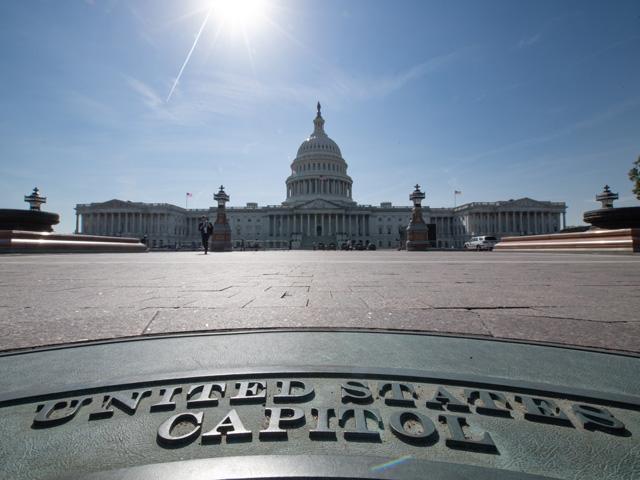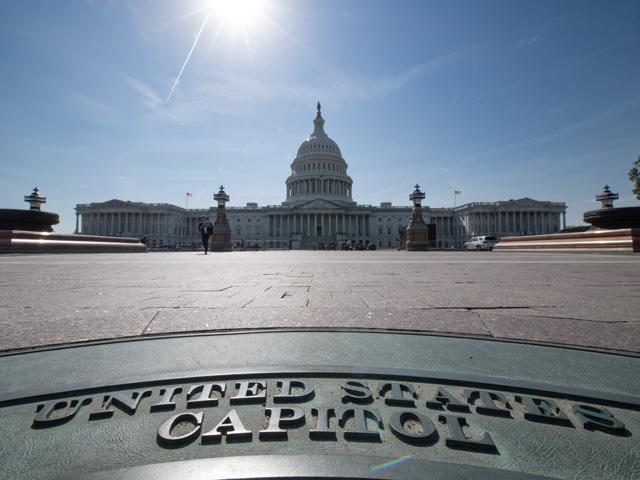Ethanol Blog
49 Members of Congress Urge EPA to Reallocate 100% of Biofuels Gallons Waived From RFS
LINCOLN, Neb. (DTN) -- Forty-nine members of Congress asked the U.S. Environmental Protection Agency on Thursday to reallocate 100% of biofuels gallons exempted from 2023-2025 to small-refinery exemptions from the Renewable Fuel Standard, as the public comment period on the agency's proposal ends on Friday.
In September the Trump administration launched the public comment period on a proposal to reallocate SRE gallons at a rate from zero, to 25%, 50%, 75% and 100%.
Biofuels groups in the past month have expressed support for reallocating all those gallons, estimated at around 2 billion gallons.
In a letter to EPA Administrator Lee Zeldin, a group of 49 representatives and senators put their weight behind 100% reallocation and finalize the rule as "quickly" as possible.
"At a time when farm families and rural communities face tough markets and economic uncertainty, we appreciate EPA's recognition of the vital role American biofuels and agriculture play in lowering fuel prices and
advancing American energy dominance," the letter said.
"The proposed volumes in the Set 2 rule represent a meaningful commitment to supporting cheaper homegrown fuels, farm income and rural economies. These volumes matter not just to biofuel producers, but to the farmers who grow the corn, soybeans and other feedstocks that power this economy and to every American who enjoys lower prices at the pump because of biofuels. A strong RVO means stronger commodity prices, more stable markets and greater opportunity for rural America."
The letter signed by 49 federal lawmakers was led by Rep. Randy Feenstra, R-Iowa, who was joined by Reps. Nikki Budzinski, D-Ill.; Brad Finstad, R-Minn., and Kristen McDonald Rivet, D-Mich.; along with and Sens. Pete Ricketts, R-Neb.; Amy Klobuchar, D-Minn.; Joni Ernst, R-Iowa; and Tammy Baldwin, D-Wis.
P[L1] D[0x0] M[300x250] OOP[F] ADUNIT[] T[]
"As EPA considers its supplemental proposal, we urge the agency to fully reallocate 100% of the waived gallons for compliance years 2023-2025," the lawmakers said.
"Without full restoration the benefits of the original proposal won't reach the farm gate or lower prices at the pump. Farmers and rural businesses will ultimately bear the brunt of weakened demand and lower prices. Congress created the RFS to boost biofuel use for the benefit of American families, the economy and our energy security. It is critical that the EPA follow the directive outlined in the RFS to issue timely and reflective RVOs. Every day the rule remains unfinished means uncertainty for producers and missed opportunities for rural communities."
In comments to EPA on Friday, Clean Fuels Alliance America also called on the agency to reallocate 100% of SRE gallons.
"Clean Fuels appreciates EPA's acknowledgement that small-refinery exemptions will destroy demand for biomass-based diesel over the next several years by enabling refiners to avoid RFS obligations," Kurt Kovarik, Clean Fuels' vice president of federal affairs, said in a statement.
"Small-refinery exemptions should not come at the expense of clean fuel producers and farmers. Accounting for 100% of the exemptions granted and expected is the only way to ensure that robust 2026 and 2027 RFS volumes will be met."
The Renewable Fuels Association also called for complete reallocation and expressed concern about the data used by EPA when considering SRE petitions.
"RFA appreciates EPA's recognition that a strong RFS is crucially important to rural America and we applaud the decision to return expired RINs to exempted refiners for RFS compliance years that are already closed," RFA President and CEO Geoff Cooper said in a statement.
"However, it is critically important that EPA reallocate 100% of exempted volumes for compliance years that are still open and for future years and we remain deeply concerned about EPA's reliance on a 14-year-old department of energy study that no longer reflects the realities of today's energy and fuels markets. If EPA returns 'live' RINs to small refiners for their 2023-2025 exemptions and then fails to reallocate those volumes, the effects on RIN values and biofuel marketplace could be catastrophic."
The National Oilseed Processors Association called on the EPA to finalize the 2026-2027 volumes proposal.
The group said in a news release that in a "break from tradition" NOPA submitted a single-page comment, a "deliberate choice to emphasize that the time for further deliberation has passed and that swift action is urgently needed" to provide market certainty for America's farmers, oilseed processors and renewable fuel producers.
"Our message to EPA is simple: finalize the rule now," said Devin Mogler, president and CEO of NOPA.
"Every day of delay adds more uncertainty for farmers and processors -- the EPA has already done an excellent job with a proposal that includes BBD volumes reflective of the industry's capacity and a half-RIN provision that prioritizes domestic feedstocks."
Read more on DTN:
"EPA Proposes RFS Reallocation Options," https://www.dtnpf.com/…
Todd Neeley can be reached at todd.neeley@dtn.com
Follow him on social platform X @DTNeeley
(c) Copyright 2025 DTN, LLC. All rights reserved.






Comments
To comment, please Log In or Join our Community .